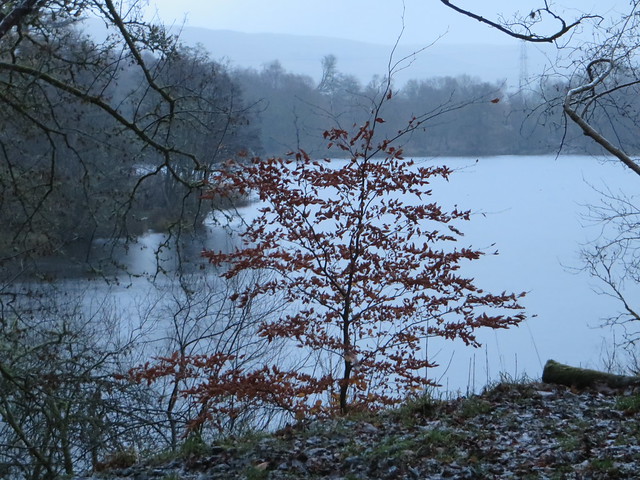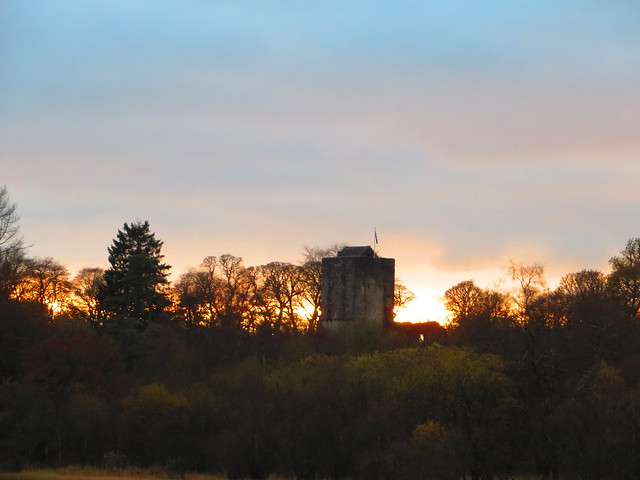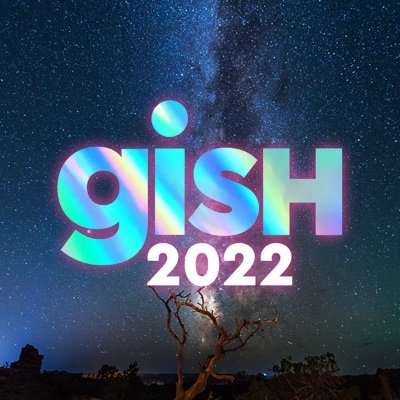Over the last few months Wendy and I have been doing some thinking about the calendars we’ve collaborated over in CLMooc for 2021 and 2022. We’ve written a short report which is published as part of the ASCILITE conference proceedings, and Wendy presented at the conference last weekend. You can see the slides below, and the abstract of the report.
Abstract
Can collaborative creativity help to connect digital practitioners with each other and enhance their well-being? In order to answer this we undertook a piece of qualitative research. Using bricolage as our methodology, we surveyed participants of a collaborative creative project and used grounded theory in order to categorise the responses. In order to illustrate our findings and better explain the nature of the creative project, we share some of the artwork and music that was created by participants as part of this project. We conclude that as well as enhancing well-being, this creative endeavour also added to the personal learning of these participants.









